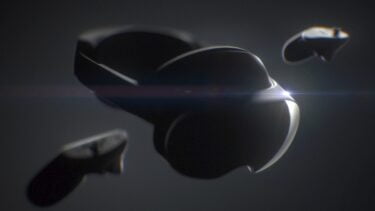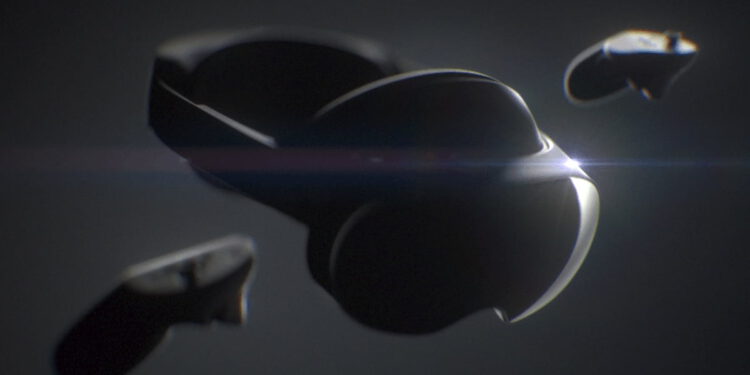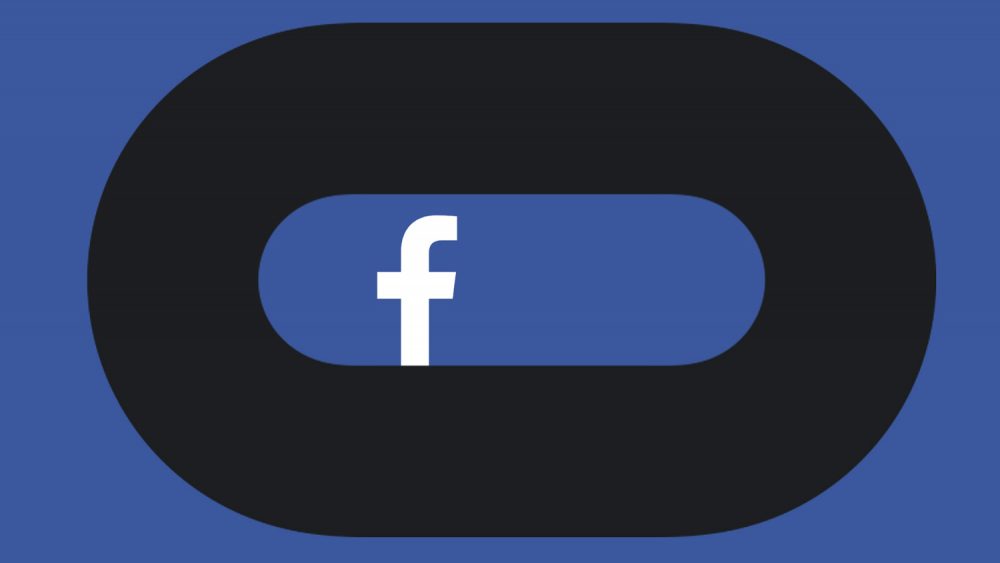
Meta’s next VR glasses will one day replace the classic working environment, CEO Mark Zuckerberg tells investors.
While Meta Quest 2 is celebrating its first successes as a game console, Zuckerberg is already looking to the future. In order for VR and AR to justify the enormous investments on the part of Meta, they must arrive in people’s everyday lives. And which activity shapes everyday life the most? Right: work.
In no other area of life can VR and AR technology better prove that it is more than a passing fashion and the rank of a new computer platform hat.
If VR and AR glasses could one day replace conventional work equipment, this would be equivalent to a technical revolution that would be comparable to the advent of the personal computer or smartphone. Meta could free itself from the stranglehold of the ecosystems of Google and Apple and play at the forefront again. So far, Zuckerberg’s calculation.
Working in VR: First Software, now Hardware
Work as a killer app of virtual and augmented reality? Such a move would be neither new nor surprising. Meta’s visionary and head of research Michael Abrash has been talking about the virtual office as the ultimate goal of VR and AR development for years.
The first efforts have already become concrete: under the code name Infinite Office, features for Meta Quest 2 have been rolling out for a long time, which should facilitate productive work in virtual reality.
The next big step in this direction will probably be a hardware: Project Cambria (infos). Meta’s upcoming VR glasses represent a new range of products that are crammed with new technologies and adapt to Enthusiasts and professionals judgeth. Cambria will be more heavily marketed as a general-purpose device than Meta Quest 2 and will be more expensive than the VR game console.
Cambria: Meta’s work glasses?
Zuckerberg, on the occasion of the recent investor conference, highlighted the capabilities of the new hardware, describing Cambria as a device “more focused on work applications and on eventually replacing the laptop or the work environment”. In this context, he emphasizes the “improved ergonomics” and the new pass-through mode, which should allow the virtual and physical world to merge seamlessly.
Zuckerberg’s remarks are notable because they are Cambria putting yourself in the context of work more strongly than before. The company has barely commented on the device since the brief announcement six months ago. At that time, the technical features were highlighted and productivity was shown on an equal footing alongside other application scenarios such as social interaction and fitness.
However, video leaks from last year, as well as rumors of a new interface, suggest that with Cambria, Meta Project of a VR working computer in the future, this should compete with conventional work equipment such as laptops.
A proper presentation of the device will probably take even longer to wait. This year’s F8 canceled Meta, and according to Zuckerberg, the company will not reveal new details about Project Cambria until “in the coming months”. A launch in autumn at Connect 2022 or shortly after is therefore becoming more and more likely.









